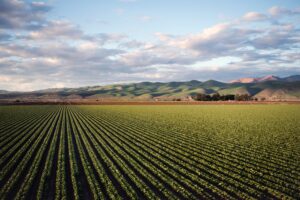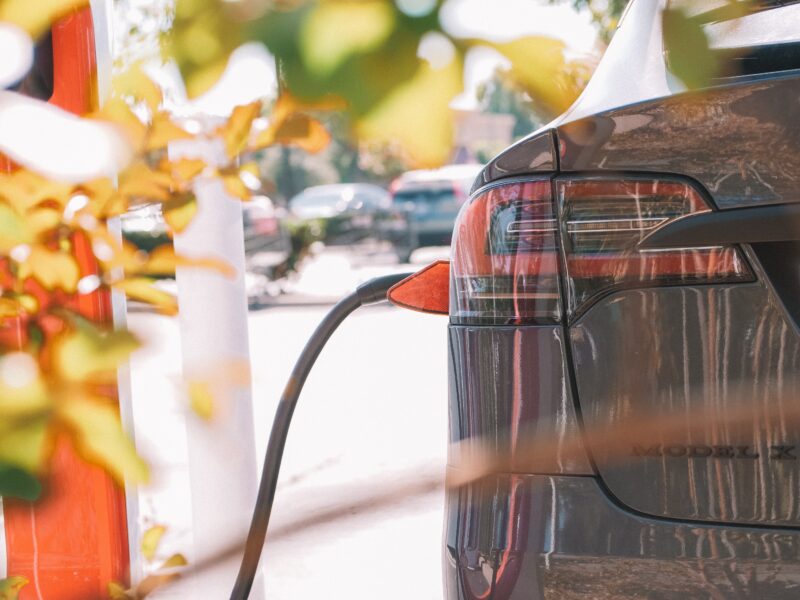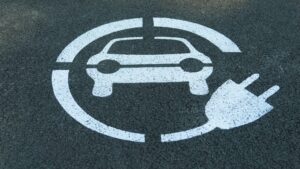What are super-leverage points and how can they help save the future of our planet?
Super-leverage points are interventions that create large impacts in one sector but also speed up progress in other areas of the economy (read more here). In terms of sustainability, these super-leverage points are where we can make huge change across entire countries.
The report that identified these points was an international group consisting of the University of Exeter and Systemiq. So what are the tipping points that can create monumental progress?

Legislation for “green ammonia” fertilizer
Green ammonia is created with renewable energy and is less environmentally damaging and resource taxing than traditional fertilizers. In fact, using green ammonia fertilizer can reduce a farm’s carbon footprint by 90% for small grain crops (read more here). Implementing a mandate for green ammonia fertilizers could be groundbreaking for both agriculture and fuel. Green ammonia not only eliminates the need for fossil fuels to be used in fertilizer production, but the mandate would also make green ammonia more accessible, allowing it to be used for fuel and energy storage.
Legislation for electric vehicle sales
If state and federal governments begin to move toward mandates for electric vehicle sales, we could reach the super-leverage point that would allow for huge decarbonization. While this also needs to coincide with increased production and economic incentives for the population, transitioning to electric vehicles is very much in reach. For example, look at California and their new legislation. Not only was the mandate well received, but it was implemented in a way that both encouraged and supported the slow and steady transition to EVs.

Public procurement of plant-based proteins
While most of us know that the switch towards meat alternatives is a necessary one in preserving our planet, expanding these alternatives from personal diet choices to public provided options could help us reach the tipping point. Procuring plant-based proteins for meals in hospitals, schools, and government facilities could be the next step we need. Providing plant-based proteins in these spaces could free up between 400-800 million hectares of agricultural land, which equates to 7-15% of all agricultural land currently in use (read more here). The switch towards plant-based proteins will not only free up land, but it will also reduce greenhouse gas emissions, especially methane from cows.
So, what can we do?
While we encourage and wait for these mandates and practices to be implemented, we can do our personal best to help reach these super-leverage tipping points. On our own we can opt for meat alternatives, choose produce from more sustainable farms that use green ammonia, and look into electric vehicles the next time a new car is needed. We still need to make sure that we support the mandates and practices in public ways, since a large-scale implementation will be what really tips us over the edge.



 Solving Climate Crisis Induced Food Insecurity
Solving Climate Crisis Induced Food Insecurity

[…] The average gasoline-powered vehicle emits approximately 4.6 metric tons of CO2 per year, while the average electric vehicle emits only about 2.3 metric tons per year. In addition, the average fuel cost savings for an electric vehicle compared to a gasoline-powered vehicle is around $750 per year, with even greater savings for plug-in hybrids. Learn more about how this can also can create a super-leverage point. […]